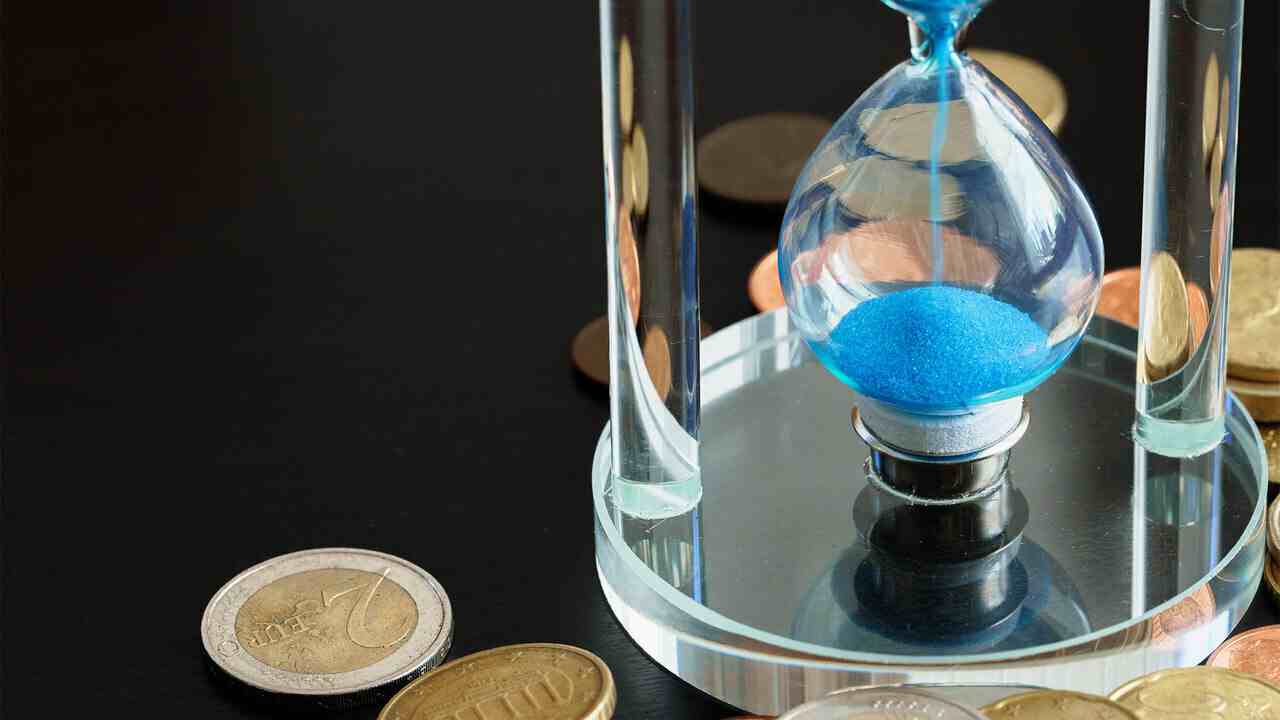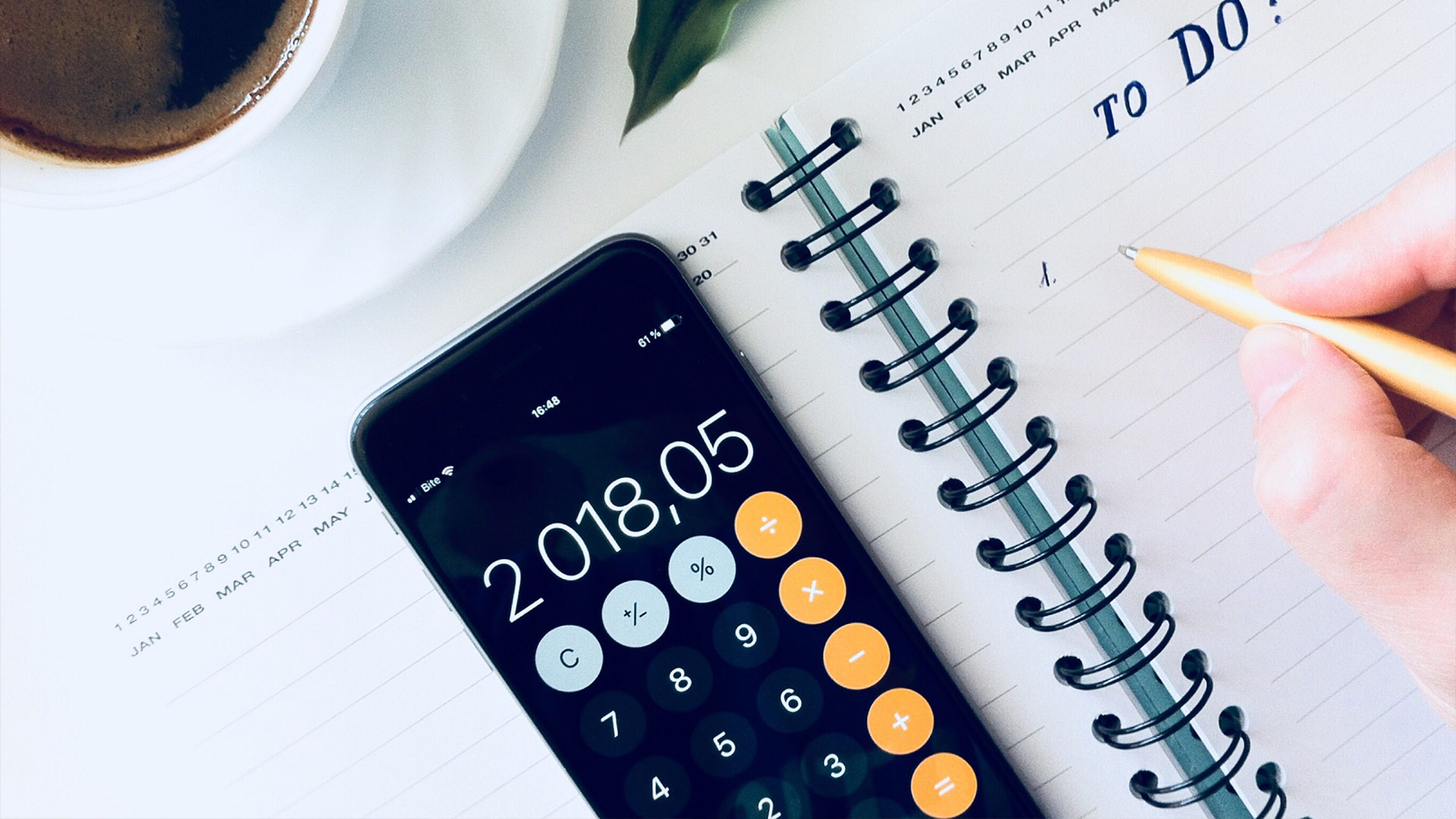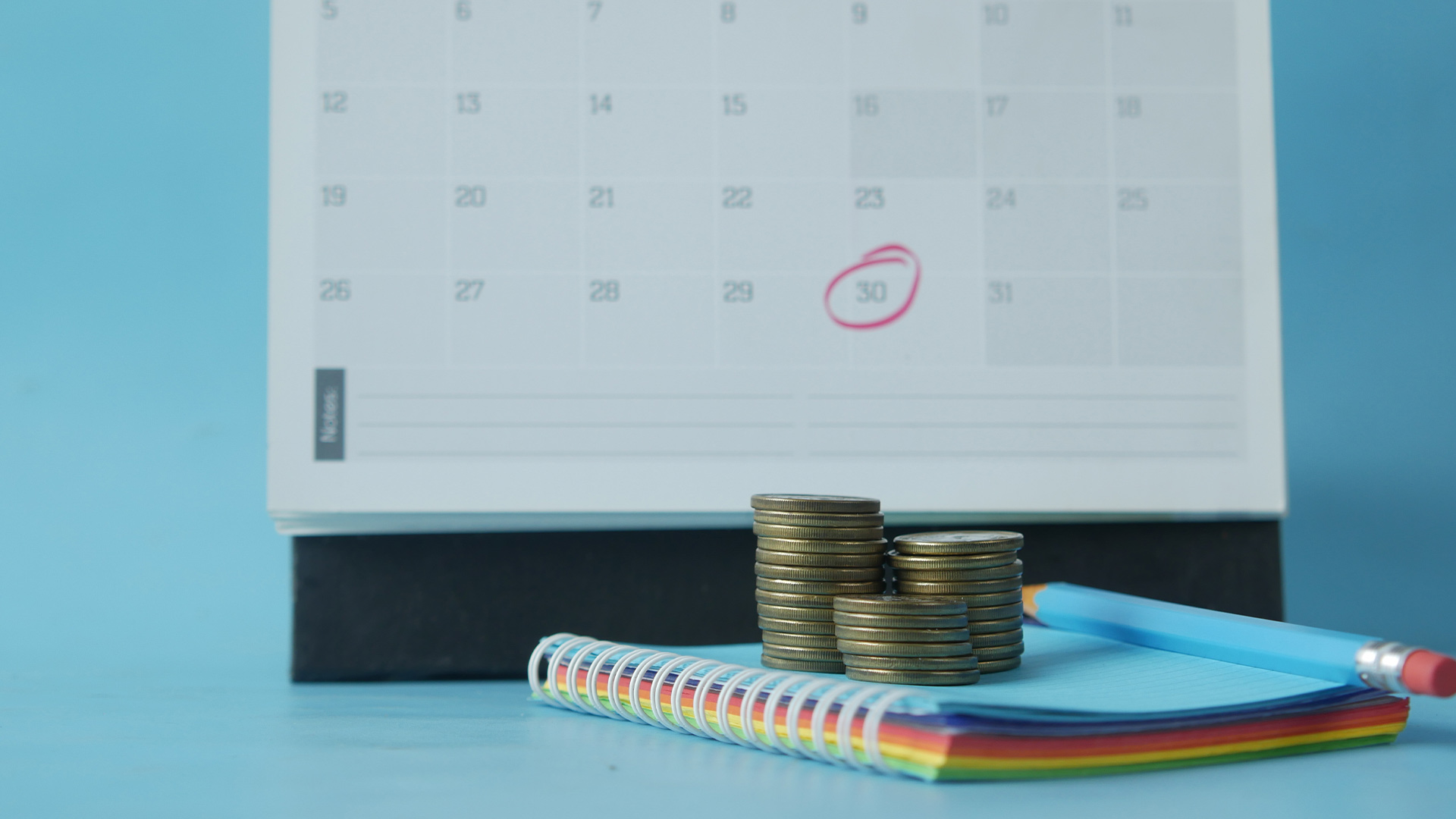Building better money habits doesn't have to take hours each week or involve deep budgeting sessions. In fact, some of the most effective financial routines can be set up in just a few minutes a day. If you're short on time but still want to get a grip on your spending, saving, and goals, it’s totally possible--with a bit of structure and the right mindset.
Here's how to create a daily finance habit that fits into even the busiest schedule.
Start With Just One Habit
Don't try to overhaul your entire financial life in a single day. Pick one small action you can repeat daily. The key is choosing something so easy that skipping it feels harder than doing it.
Here are a few ideas to start with:
- Check your bank account balance
- Move $5 to savings
- Track yesterday’s spending
- Cancel one unused subscription
- Review one category in your budget
Doing just one of these consistently can build momentum. Once it becomes automatic, you can layer in more habits later.
Choose the Same Time Every Day
Habits stick best when they’re linked to something else you already do. So, instead of saying “I’ll do it sometime today,” anchor your financial habit to an existing routine:
- After you make coffee
- Right before bed
- During your commute (if it’s safe)
- Just after brushing your teeth
Consistency of timing helps train your brain to expect and prepare for the habit, making it easier to sustain.
Keep It Visible
Out of sight usually means out of mind. Use simple visual reminders to prompt your habit:
- Set a daily phone alarm labeled “Money Minute”
- Place a sticky note on your laptop or bathroom mirror
- Keep a daily tracker or habit app that shows your streak
Seeing a reminder, even passively, can nudge you to follow through.
Use a One-Minute Journal or Checklist
Open your notes app or a piece of paper. Create a simple log with three lines:
1. What I checked or reviewed today 2. Anything that surprised me 3. One word about how I feel
This isn’t about detailed tracking--it’s about showing up. It reinforces your identity as someone who takes care of their money, even for just a few minutes a day.
Keep Tools and Apps Ready to Go
Eliminate the friction that causes procrastination. Make sure you:
- Stay logged into your budgeting app
- Bookmark your bank’s login page
- Use face ID or fingerprint access
- Keep frequently used documents or links handy
The easier it is to start, the less likely you are to skip it. Your goal is to make the habit effortless.
Avoid Overthinking It
Some days you’ll feel like diving into spreadsheets or analyzing your monthly trends. Other days, you’ll barely have the energy to check your balance. That’s okay. The goal isn’t perfection--it’s consistency.
Doing a quick habit imperfectly is far more effective than skipping it altogether because it wasn’t “worth doing.” Small steps keep the flywheel turning.
Create a Weekly Mini-Routine
Once your daily habit is locked in, choose one day a week to go a little deeper. This could be your Sunday reset or Friday wind-down. Use that time to:
- Update your budget
- Move extra money into savings
- Review subscriptions or big purchases
- Reflect on wins and losses for the week
This combo of daily micro-checks and weekly reflection creates a strong foundation without overwhelming your schedule.
Don’t Try to Track Everything at Once
It’s tempting to build a massive budget or monitor every category when starting out. But this can lead to burnout. Focus on what matters most right now. Maybe it's just dining out, or just tracking savings progress.
Once you’ve built the habit of checking in, expanding your tracking becomes easier and more intuitive.
Make It Feel Rewarding
No, you don’t need to give yourself a cookie every time you move $5 to savings--but you should build in small moments of recognition.
That could mean:
- Checking off a box on a habit tracker
- Watching your savings grow in a chart
- Saying “nice job” to yourself out loud
Celebrating micro-successes keeps you engaged and emotionally invested in the process.
Let It Evolve With You
Your life, goals, and energy levels will change--and so should your daily habit. What starts as a morning balance check might become a mid-day budgeting glance or a nighttime reflection.
Let your system evolve without scrapping everything the moment things get busy. Flexibility makes the habit sustainable.
---
Daily financial habits don’t need to be complex or time-consuming. By focusing on simple, repeatable actions, you create lasting change with minimal effort. Five minutes today turns into stronger money confidence tomorrow--without disrupting your life.



